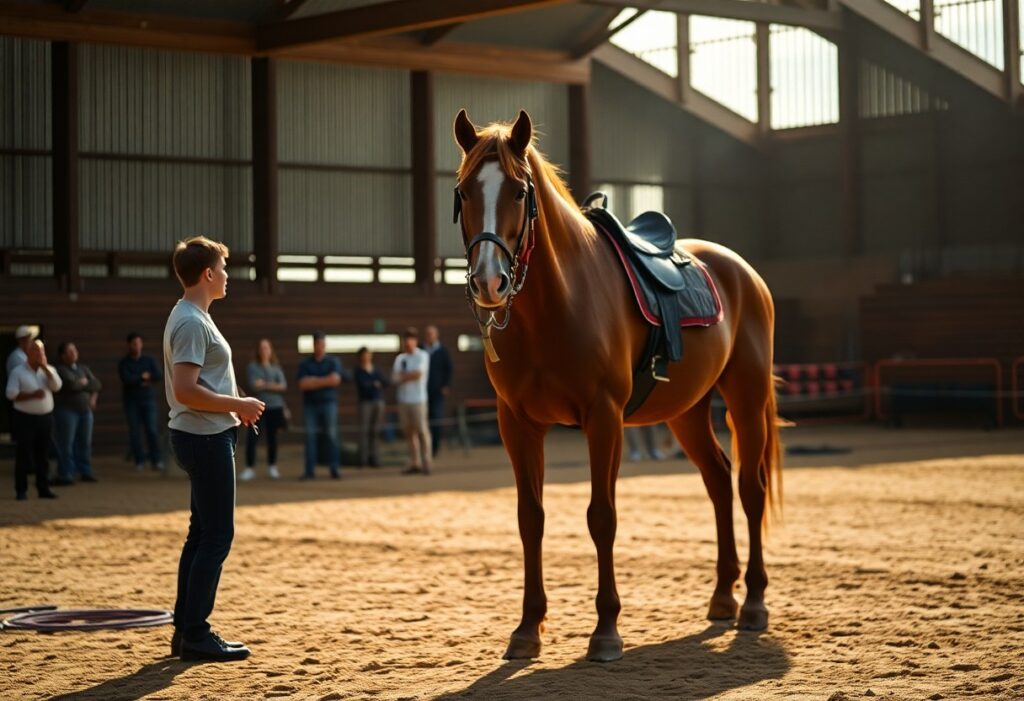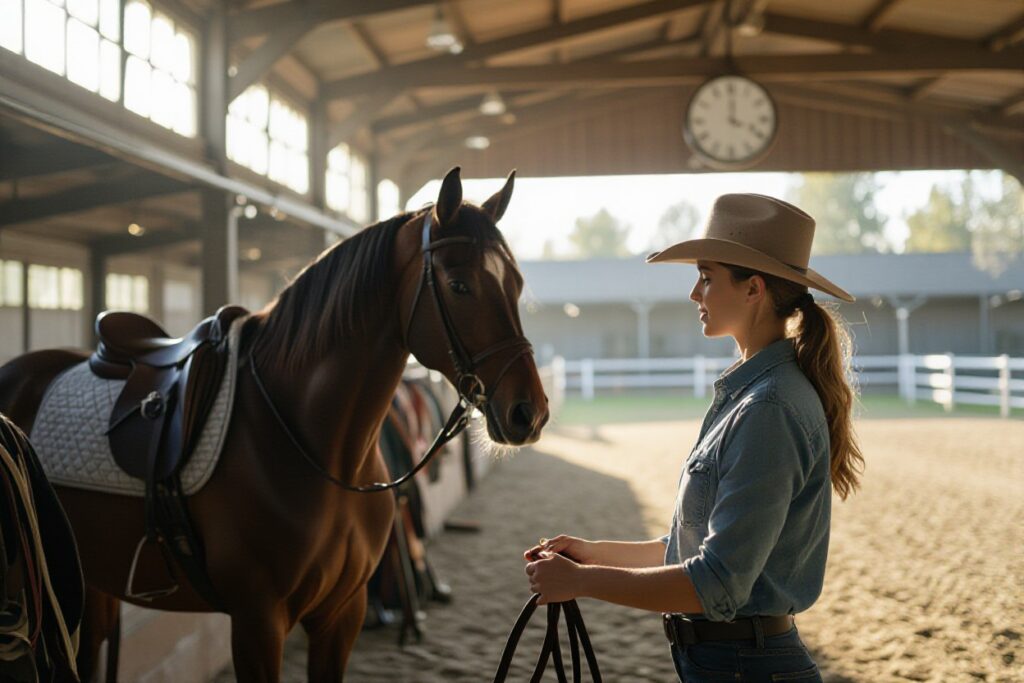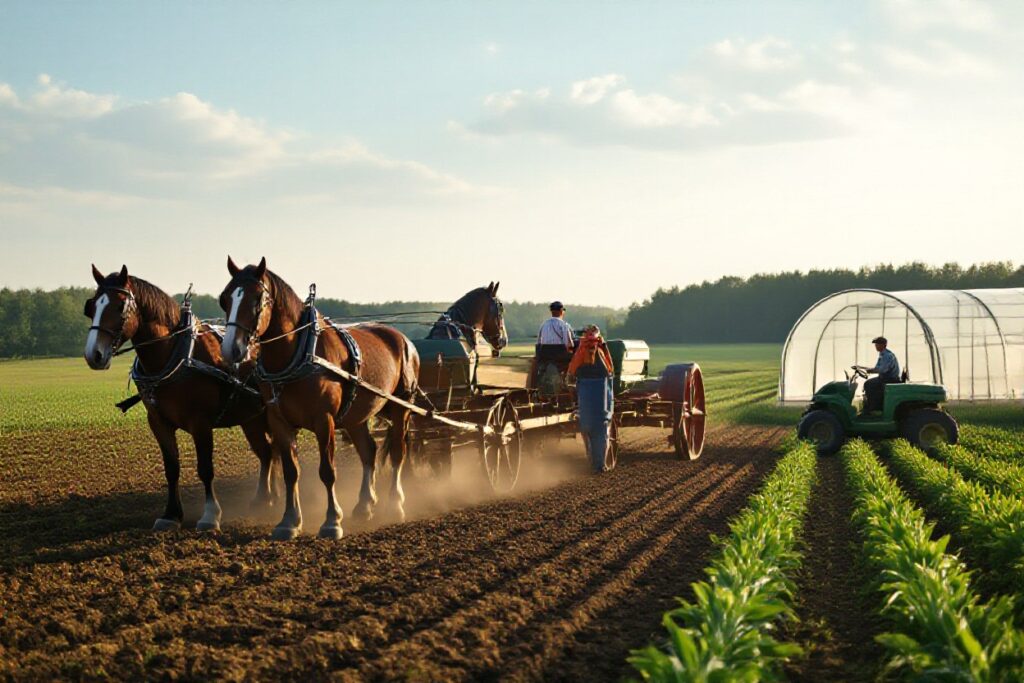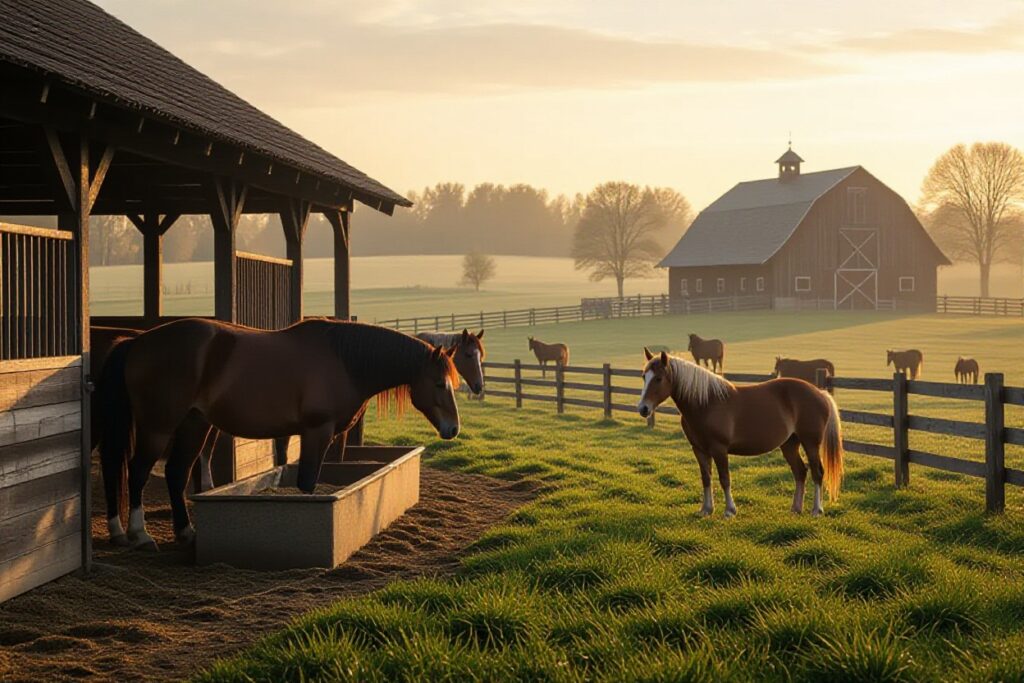Over the years, misconceptions surrounding what horse trainers do have proliferated. Many people envision trainers spending all day simply riding horses, but the reality involves a variety of tasks that go well beyond that. Understanding a trainer’s daily routine can offer you insight into the dedication and skill set required in this profession.
Your day as a horse trainer typically begins early in the morning. You arrive at the stable while it’s still dark outside, preparing for the tasks ahead. The first step you take is feeding the horses. This is vital for their health and performance, as each horse has unique nutritional needs. You ensure that all the stalls are cleaned, and fresh bedding is provided to create a comfortable environment for the horses.
After feeding, your attention shifts to grooming. This process is more than just making a horse look presentable; it’s an opportunity to check for any injuries or abnormalities. You thoroughly brush their coats, checking for cuts or other signs of distress that might require medical attention. Grooming also builds trust between you and the horse, which is necessary for effective training.
The training session itself can take up a significant portion of your day. You prepare a detailed training plan tailored to each horse’s individual needs. You may use various training methods, such as groundwork, basic riding skills, or advanced techniques. Factors like the horse’s age, experience level, and temperament dictate your approach. During these sessions, your focus should be on enhancing the horse’s skills while ensuring their well-being.
Next, you often conduct assessments to monitor progress. You keep a careful record of each horse’s development, noting areas that require more attention or adjustment. These assessments are not just for the horses; they help you evaluate your training techniques as well.
In addition to training, your role involves significant communication. You regularly interact with owners to provide updates on their horses’ progress. This may include discussing training goals, behavioral concerns, and even the horse’s overall health. Building a strong relationship with horse owners is necessary for a harmonious training environment.
Your day may also encompass ground training and problem-solving. There are always horses that present unique challenges, whether they are inexperienced or have behavioral issues. Addressing these challenges requires a blend of patience and skill. You may use desensitization techniques or positive reinforcement to help these horses gain confidence.
Finally, as a horse trainer, you must engage in continuous education. The equestrian field is always evolving, and attending workshops or collaborating with other professionals is important for broadening your skill set. This commitment not only improves your capabilities but ultimately benefits the horses you train.
Over the course of this multifaceted day, horse trainers embody both caregivers and educators. You juggle various responsibilities and skills, focusing always on the welfare and progression of each horse in your care.











